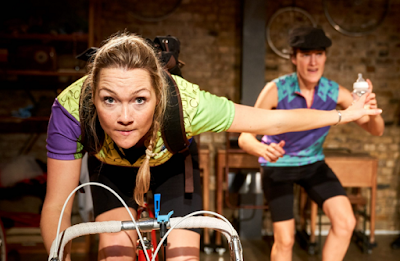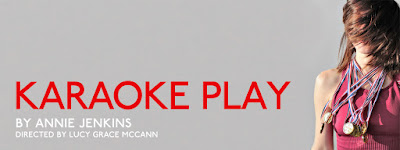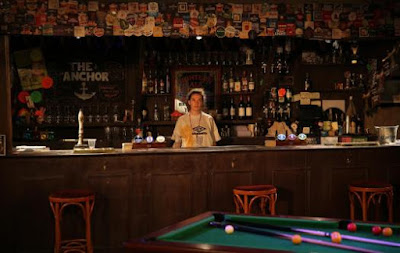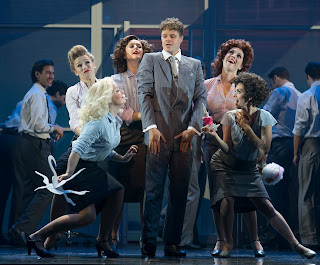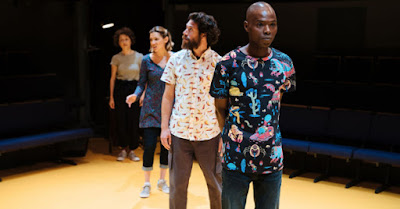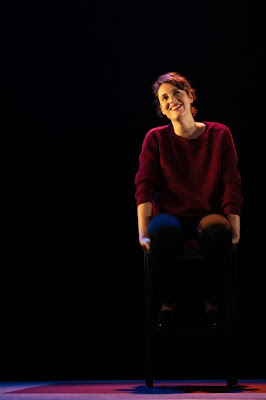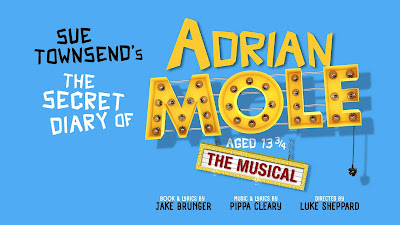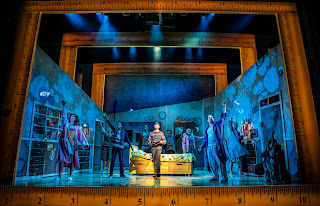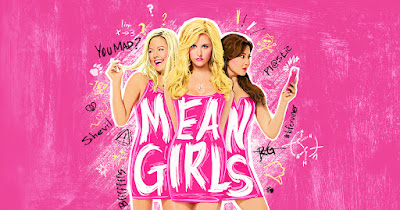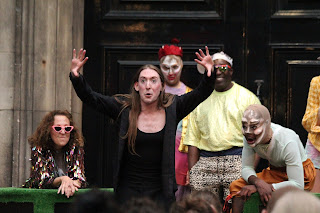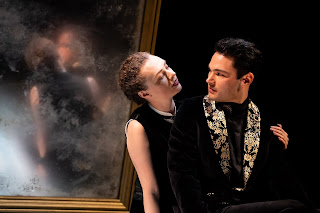No matter what you think of the trilogy sequels, Star Wars still sends tingles down the spine. We prepare to travel to a galaxy "far far away", John Williams' iconic score blasts out the speakers, and that yellow scroll introduces us to another fantastical adventure. That's as true with The Rise of Skywalker as with any other film in the franchise.
In many ways, director J.J Abrams returns to right the wrongs of Rian Johnson's The Last Jedi. Where that film was a mess of multiple story threads and tonal inconsistencies, The Rise of Skywalker sees the series back in safe(r) hands. This is a more confident, consistent and focused movie than its predecessor. Yet in righting its wrongs, it also wrongs some of its rights.
Continuing the saga of Rey and Kylo Ren, the plot brings together its three key heroes in a grand fight of good vs evil. Rey (Daisy Ridley), Finn (John Boyega) and Poe (Oscar Isaac) join forces against an evil power, fulfilling destiny, and bringing this trilogy to a close. It's a tight and focused storyline that rounds out into a satisfying conclusion.
And yet...the entire film hinges on a plot point as sudden, outlandish and unsubtle as a Star Destroying warping in overhead. It's not set up by the previous films, instead introduced in the opening scroll, immediately linking it strongly with the legacy of the past.
That goes for the film as a whole. If The Last Jedi was a film that sought to let go of the past and look to the future (while failing itself to actually do so), The Rise of Skywalker is an about-turn. Like the trilogy overall, it relies too heavily on cheap nostalgia to drive the narrative. Older characters pop up out of nowhere. The story is reliant on coincidence and chance. There are multiple wearisome callbacks to the previous films. A later twist, meant to shock, is merely groan-inducing. It all whiffs of unnecessary fan service.
And while The Last Jedi (for all its flaws) set up intriguing ideas about its central pair of characters, their family, the history of the Jedi and the Force, in focusing this film Abrams' work lacks a clear identity. As a whole it satisfies, but its revolutionary ending doesn't feel earned.
That said, this Star Wars does what a Star Wars should do: deliver a swashbuckling space fantasy of good triumphing over evil, unlikely friendships forming, and a plethora of bizarre worlds and creatures. There's less childish, slapstick humour than its predecessor, instead relying on jokey one-liners more in keeping with the original trilogy. Its effects are astonishing, its battles memorable, its characters mostly endearing. In short, it's a thrill ride undermined by links to the past.
Just as the previous two trilogies were really the story of Anakin Skywalker more than Luke, this third trilogy is Kylo Ren's story more than anything, with Adam Driver emerging as its star. In the fight between good and evil, Ren is the only character to truly embody both - the most human, flawed and interesting of them all.
The Rise of Skywalker might be a decent and fitting - if not great - finale to the trilogy, but with Disney at the helm the end of the franchise remains far far away. If the various spin-off films and TV shows have taught us one thing, though, it's that Star Wars doesn't need a Skywalker to be Star Wars. It's time for the rise of something new.
3/5
Watch: Star Wars: The Rise of Skywalker is out now.











